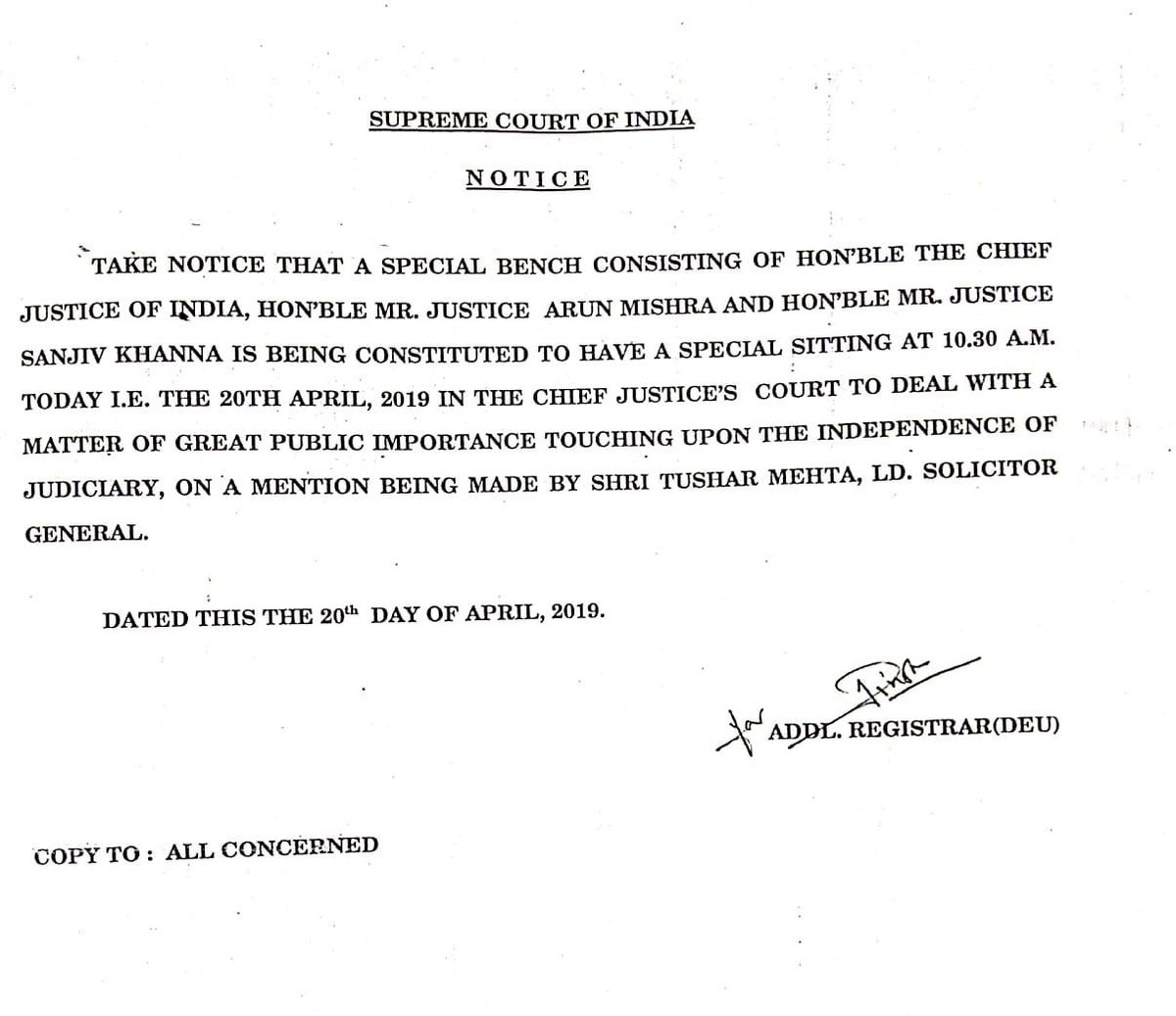A three judge bench of the Court of Appeal has ruled that the determinations and recommendations of the Commission on Administrative Justice have the force of law hence are binding on public institutions.
ii.)facilitate Eng. Abekah to access his personal effects from his former office; and





